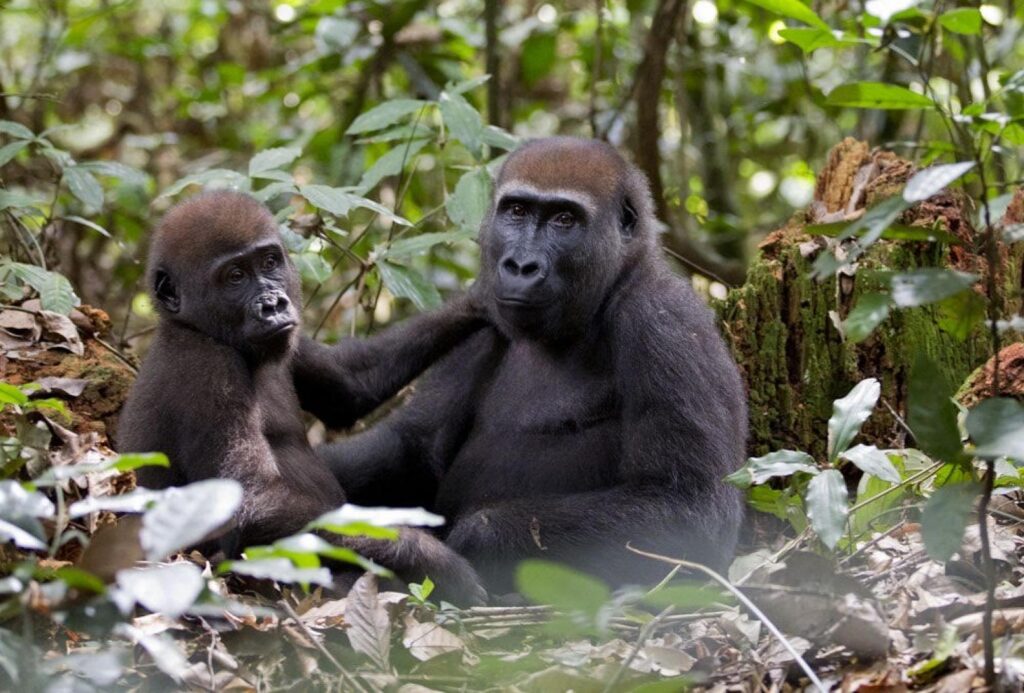
Hunter and Community-Based Early Warning System Expands Ebola Mortality Monitoring in Great Apes
In northern Republic of Congo, hunters and community members were recruited to report morbidity and mortality events in wild animals. In the region, great ape die-off events were found to precede human cases of Ebola virus disease. Through the community engagement program, reporting channels were developed, relaying information from small villages to connector communities via radio, messages carried by commercial drivers or other contact routes with national authorities. This facilitated information flow to veterinarians so that diagnostic sampling could occur within the short timeframe needed before carcasses degrade. Reporting of events expanded the surveillance system to empower local people and allowed for early warning through sentinel surveillance for possible disease threats to humans and wild animals. Accompanying community outreach also helped to raise awareness about the dangers of hunting certain species or eating animals found sick or dead, particularly in epidemic periods, thereby promoting safer practices.

